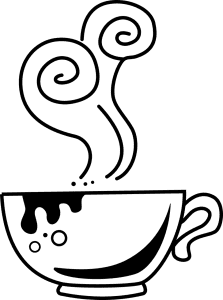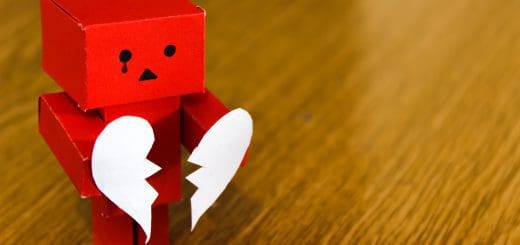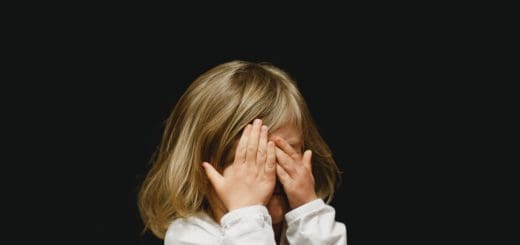Caffeine and Mental Health
 Last month, I wrote about the comforting properties of hot beverages. I’d like to dig a little deeper into a component of some popular hot drinks: caffeine.
Last month, I wrote about the comforting properties of hot beverages. I’d like to dig a little deeper into a component of some popular hot drinks: caffeine.
There’s no doubt about it: caffeine is an integral part of society. According to the National Coffee Association, 54% of American adults drink coffee each day, and 65% of them drink it with breakfast. Coffee is our “elixir of productivity,” with many people drinking it when they feel tired during the workday. Sodas, teas, and energy drinks are also widely consumed, all of which contain varying amounts of caffeine. The benefits of caffeine include sharper focus, improved memory, and a decreased risk of some illnesses, such as Type 2 diabetes and liver disease. However, there are a number of drawbacks as well, such as higher blood-pressure, effects on sleep patterns, and the risk of developing a dependence on caffeine. Given its mood-altering properties, how does caffeine affect those with mental illnesses?
For those with anxiety disorders, caffeine is frequently cited as a substance to avoid. It may increase your heart rate or make you more irritable, nervous, or fidgety. If consumed later in the day, it may interfere with your sleep, which can also worsen your symptoms. For depression, however, scientists are divided as to whether there are more benefits or drawbacks. Caffeine is known for improving mood, and it has anti-inflammatory properties that may counteract the symptoms of depression. On the other hand, the disruption of sleep and the emotional dip when the caffeine wears off may worsen your symptoms.
So, what’s the takeaway? There’s no universal answer – caffeine affects everyone differently. For me, caffeine is a game of chance. It improves my mood and awareness, thus counteracting my depressive symptoms, but I also run the risk of increasing my anxiety, even if I’m not in a situation that normally triggers me. As someone who loves the taste and experience of drinking coffee, I almost always order decaf (even as I write this, I’m drinking a decaf peppermint mocha!). It still makes me feel more aware and motivated, but it doesn’t worsen my anxiety. This also prevents me from developing a caffeine dependence and suffering withdrawal symptoms if I don’t drink it for a few days. I also prefer caffeine-free herbal teas to caffeinated ones.
Whether you choose to consume caffeine or prefer to abstain, it’s good to be aware of how this substance affects you so that you can make smart choices about how often and how much you use. Take care of your mind and body – do what works best for you!
Do you drink any caffeinated drinks like coffee, tea, or soda? How does it affect you? If you don’t drink caffeinated drinks, is it out of personal preference or because of how it makes you feel?




Recent Comments